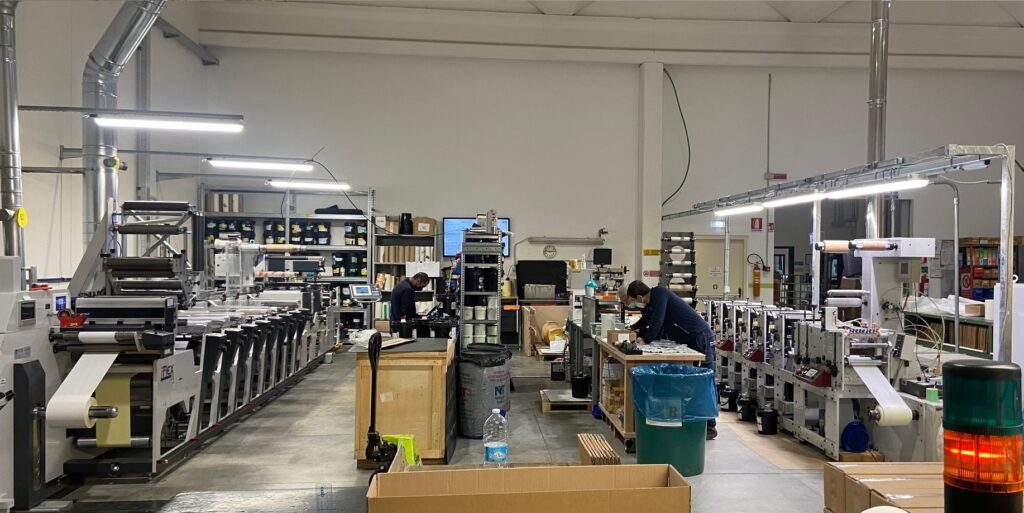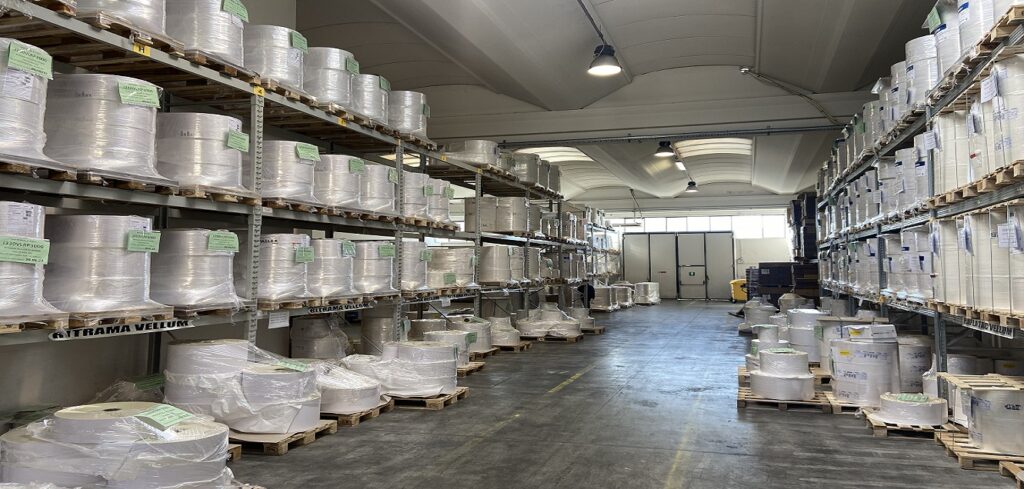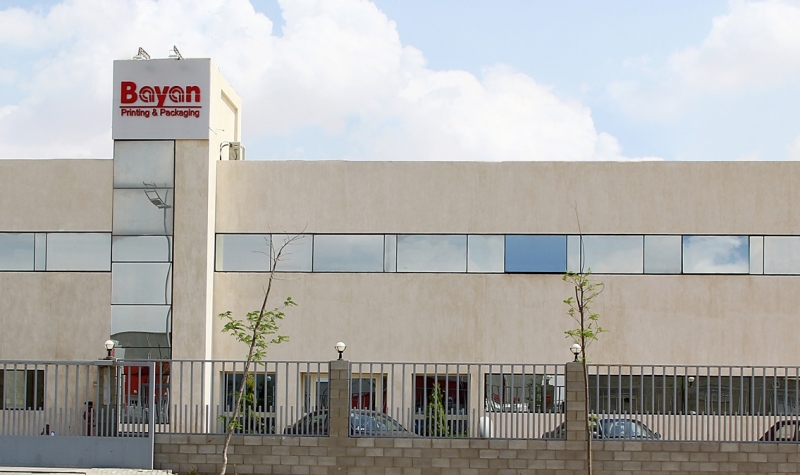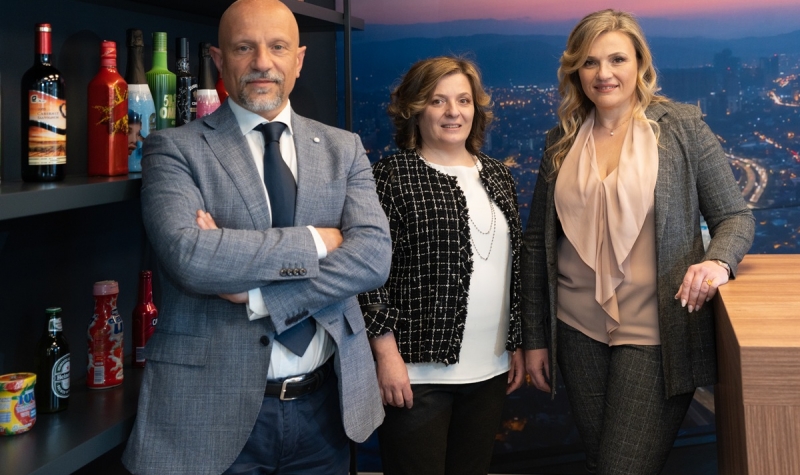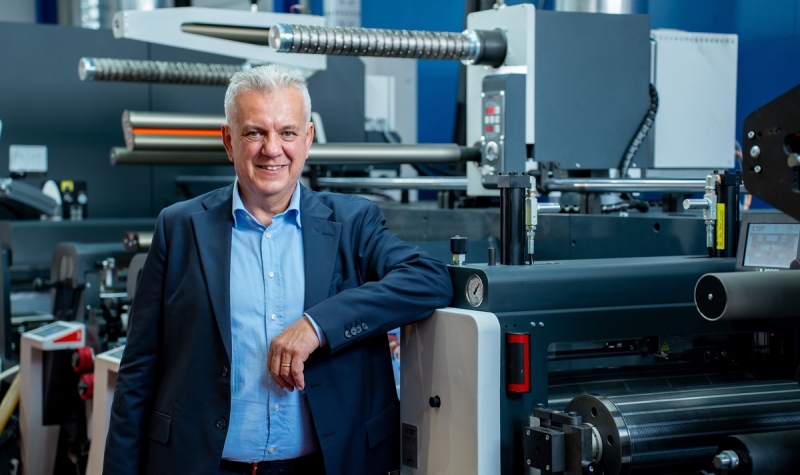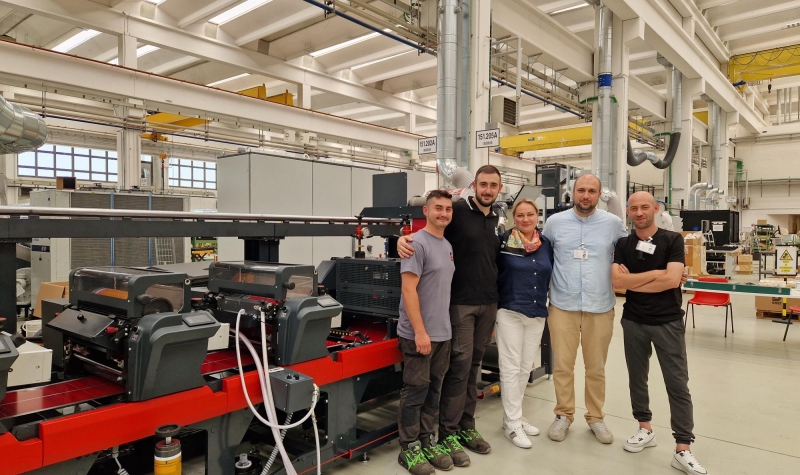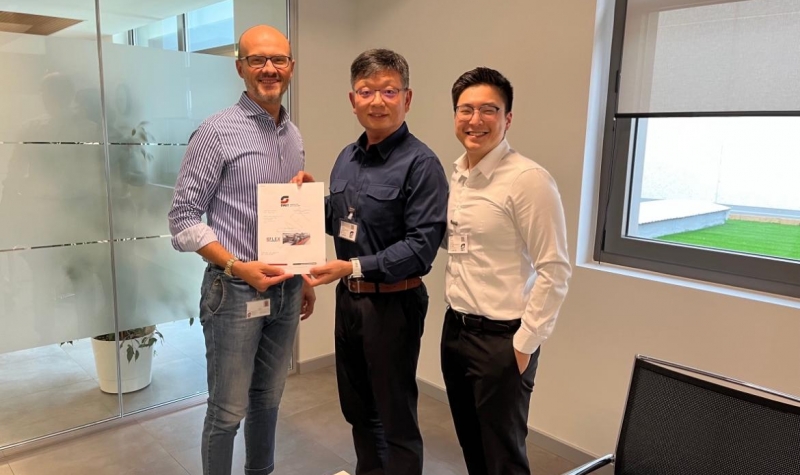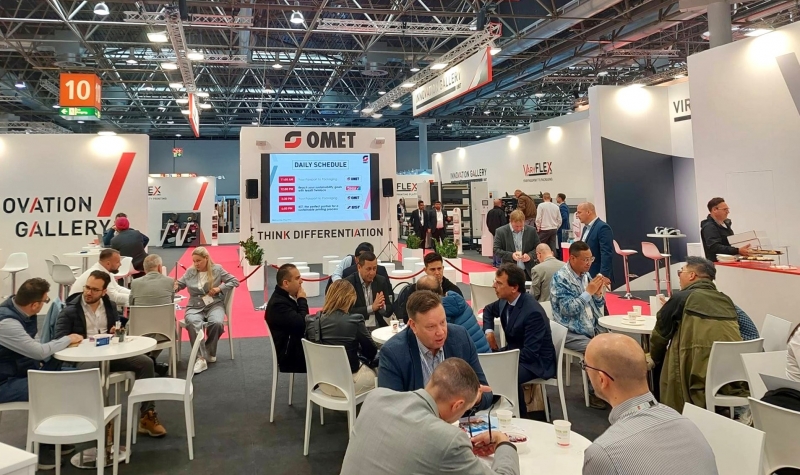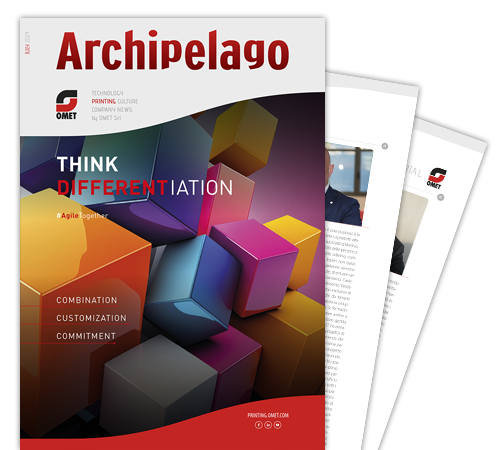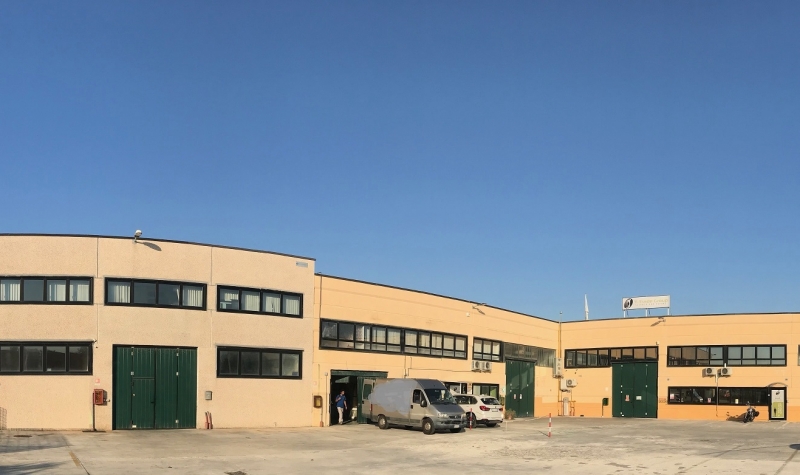
Interview with T-Trade, a pioneer in sustainability and training
Investing in eco-sustainable projects and engaging collaborators and customers with gamification. T-Trade, a global leader in the industrial labeling industry, stands out for its excellent products – printing solutions, thermal transfer ribbons, adhesive labels made of paper or plastic film, linerless, RFID and thermal rolls – but above all for its innovative 360-degree approach to business management. Enrico Friziero, CEO of T-Trade, tells us the company’s story, the recent investment in an OMET iFlex, and the ongoing projects in these new areas.
 Dr. Friziero, let’s start with the history of your company: how was it created and what were your main growth stages?
Dr. Friziero, let’s start with the history of your company: how was it created and what were your main growth stages?
T-Trade was founded in 2005, but personally I have been following the labeling market since ’89. The group is owned by two partners: myself, the majority partner, and Enrico Leonardi. The company is located in Veneto but we operate in several cities, and the bulk of production is in the Marche region. Since the beginning we have produced thermal transfer ribbons, a sector in which I had many years of experience, having worked for an American company. Then we started producing radio frequency labels, and in recent years we have obtained ISO 14001 certification as a small paper mill: we produce some of the raw materials in-house by putting together printed side, adhesives and liner.
Was this choice made for cost reasons, or because it’s a market trend?
It’s a matter of independence. We have always wanted to manage the supply chain, we try to be as independent as much as possible in order to pursue our projects. For example, since 2009 one of the company divisions has been working in research and development for sustainable printing solutions. We have been the first to launch linerless printers.
You have several initiatives for sustainability…
It’s a must for us. We invest a lot in research and development, and this led us to apparently different directions with a common denominator: labeling.
Let’s take a step back: what prompted you to start your own business?
The desire for independence, to test our abilities and strengths, and not to depend on others’ decisions. It is a matter of DNA.
The market is pushing hard on sustainability. How do you see the future?
Unfortunately, this word is overused and many people fill their mouths without having clear what does it means. Sustainability is not only an ecological issue but also an ethical and economic one. We believe in sustainability and we believe that in the future we will necessarily have to deal with it, all of us. We have many projects about this issue, we have also started to print on compostable plastic material. We intend sustainability in a practical and usable way.
How much of your production involves these new supports?
It’s a very little part, about 4-5%. There’s still much to do, and you have to deal with a market that often does not really invest in sustainability, even from an economic point of view. Step by step, this gap is narrowing, and customers’ attention is getting stronger.
Is the gap decreasing because of lowering costs or more demanding customers?
Cost optimization, thanks to our investments in supply chain management, is surely a reason.
How are you organized on the production profile? How does your production process work?
We have 7 printing presses, with a turnover of about 10 million euros. Labels are important, but not the core business: however, they are growing strongly. Recently we acquired many certifications, including one for the food industry, and that’s why we approached the OMET iFlex 370, recently purchased.
How did you learn about OMET machines and why did you chose this one?
We started our business with a second-hand OMET machine and we saw that it worked very well. We met your Area Manager Andrea Campani, a serious person, and we get convinced for another OMET line. We are very satisfied with its performances, but at the moment we exploit the iFlex at 40-50% of its potential, we hope much more in the future.
What kind of works do you print on this machine?
A wide variety of jobs, from elaborated 4 colors process printing to large print runs that may require adhesive desensitization. At the moment we work a lot for the food sector, and we have not yet produced complex jobs such as wine labels.
What market do you target, and what areas do you think will develop in the future?
Our market is 90% Italian. We work across the board: the most important sector is the agro-food industry, but we also have customers in the industrial, chemical, and luxury sectors. Certainly, labels for primary packaging and the food sector will be two of the most important markets for us in the future.
What is the feature that you appreciate the most about OMET technology?
It is an excellent machine and it is easy to use. One of the most interesting aspects is that it goes to register very quickly: even printers who are not necessarily experts can handle it; any operation turns out easy.
Your company also invests heavily in training, also with innovative ideas…
Training is one of the most important things for us. We’re going to launch the “TT Academy” a platform designed to promote training through gamification both for employees and customers. It is an important innovation, a few companies in Italy have similar initiatives, mostly major fashion brands. It is a soft but very effective training stimulating curiosity and enjoyment, that everyone can do when they have a few minutes free, maybe playing on their smartphone. They receive notifications and may compete with colleagues or customers.
 is the web magazine with all news about OMET Group
is the web magazine with all news about OMET Group 